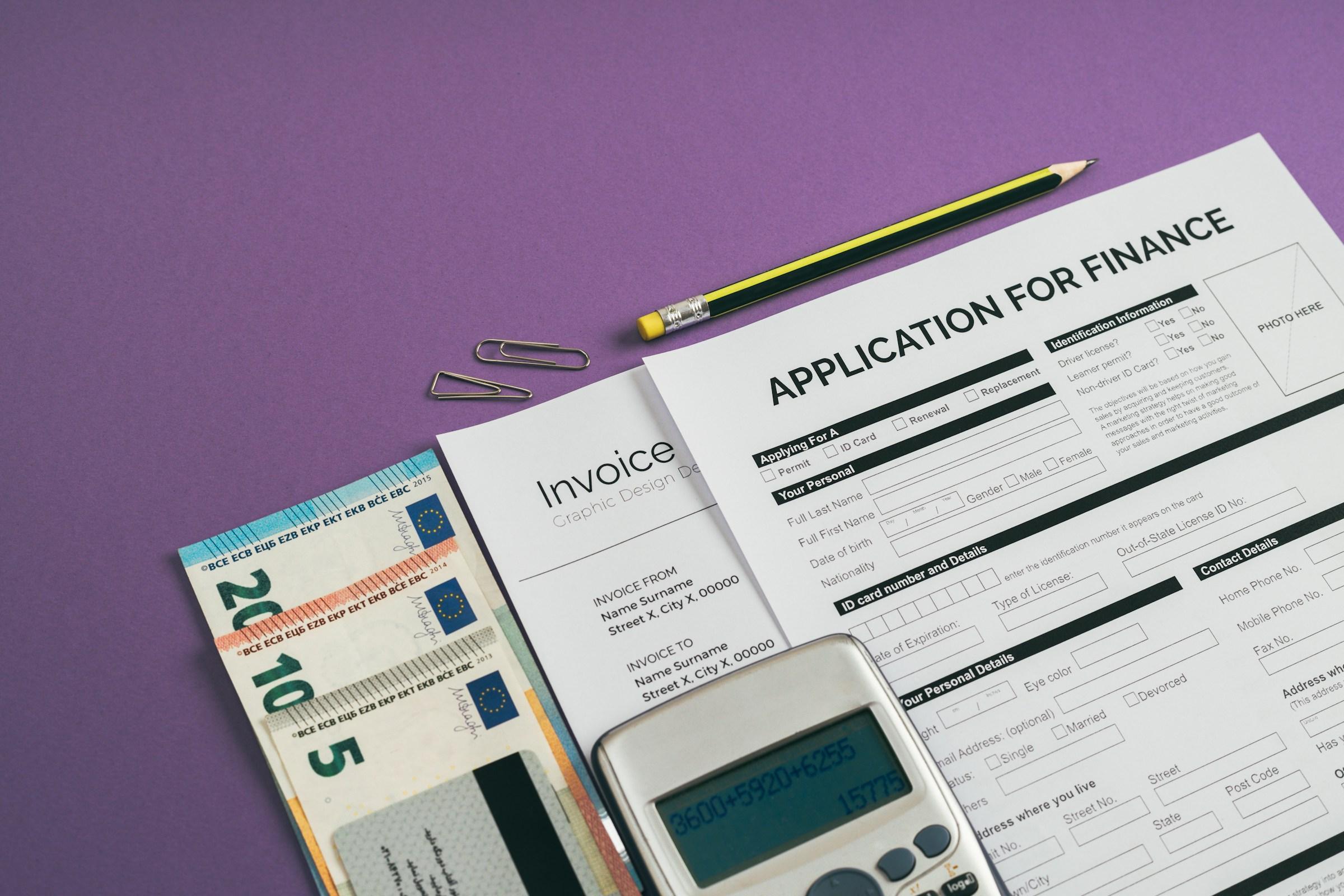You do not have to love a recession to benefit from it. The headlines feel heavy, friends talk about hiring freezes, and your For You Page keeps serving doom. Still, every downturn quietly rewrites prices, leverage, and attention. If you understand what is actually shifting under your feet, you can reposition with less stress and more intention. This is not about guessing the bottom. It is about setting up systems that win even if the timeline is messy.
Start with your oxygen mask, which means cash flow that survives both anxiety and bills. The goal is a boring buffer that buys time. If your emergency fund is thin, move that target to a clear number equal to a few months of essential expenses and automate weekly transfers into a high yield account or a reliable money market fund inside your brokerage. Small weekly moves beat big heroic deposits that never happen. If you already have the buffer, upgrade it with rules. Separate your bill money from your spend money and your invest money so you do not mix signals. When the feed looks scary, spending leaks get normalized. Split accounts keep your plan from arguing with your emotions.
Inflation and layoffs change how credit works in your life. Lenders tighten, underwriting gets picky, and high balances become expensive. Treat your credit score like an asset you are compounding. Pay on time, keep utilization low, and do not close your oldest line unless fees force it. If you carry a balance, call your issuer and ask for an interest rate review, a fee waiver, or a longer zero percent window. It is not glamorous, but shaving a few points off interest during a recession is the same as earning a guaranteed return without risk. If you have multiple balances, stack them. Pick the smallest high rate card, knock it out, repeat. Momentum matters because progress is the antidote to anxiety.
Investing in a downturn is not about galaxy brain trades. It is about letting volatility lower your average cost over time. Dollar cost averaging into broad market funds is the sleep better version. Set a recurring buy on the same day each month. If your income is choppy, split the amount into weekly tranches so you have more shots at the lower prints without timing anything. Could you overweight sectors that usually bounce earlier like small caps or cyclicals. Sure. But remember this rule. Keep the complicated stuff a small slice until your core is funded. The goal is to still be in the game when the rebound gets loud.
Bonds deserve attention in a recession. Yields often get interesting near the turn and then fall when central banks pivot, which pushes existing bond prices up. You do not need to become a fixed income wizard. A simple high grade bond fund or laddered short term treasuries can add ballast while equities wobble. If you have only ever held stock index funds, consider a small allocation that lines up with your time horizon. The point is smoother drawdowns and optionality when risk assets recover.
Do not ignore your tax wrapper choices. If you have access to tax advantaged accounts, this is a good season to keep contributing up to the match and to harvest losses in taxable accounts. Loss harvesting sounds fancy, but it means you sell a position that is down, capture the loss for taxes, and immediately buy a similar, not identical, fund so you stay invested. You are not celebrating red days. You are recycling them into future tax savings that lift long term returns.
Housing behaves differently in every city, but recessions often shake loose negotiation power. If you rent, ask early about renewals and be specific about your research. Mention comparable units and offer certainty in exchange for price. Landlords value low vacancy risk in shaky markets. If you own with a variable rate that is crushing your cash flow and rates start easing later in the cycle, be ready with documents so you can refinance quickly. If rates are still high today, focus on pre paying principal to reduce total interest without needing a full refi. Always align your housing moves with your job visibility and runway. Shelter is not just a payment. It is a stability layer.
Your career is the other half of your balance sheet. Recessions punish passive resumes and reward visible value. Translate your work into artifacts that survive meetings. Think shipping a small internal tool, documenting a process that saves hours weekly, or making a customer facing deck that lands deals faster. The point is to leave a trail of outcomes that a future recruiter or manager can feel. If your industry is deep in a freeze, use the lull to upgrade skills that are portable. Pick one hard skill that plugs into revenue or cost and ship something with it. Short projects beat long courses that never finish. If you must change roles, widen your search logic. Apply to the function you know inside a more resilient sector instead of learning a new job and a new industry at the same time.
Side income during a recession is not about hustling yourself into burnout. It is about creating one more line that is resilient. The best side plays piggyback on skills you already use. If you design, template packs sell better than one off gigs because they scale your time. If you code, micro automations for small businesses pay well because they remove repetitive tasks that owners hate. If you write, niche ghostwriting for operators beats generic content because the value is obvious. Keep costs near zero and cycle profits back into the stack. The second you need inventory or ads to make the math work, stop and check whether the model still makes sense in a slow economy.
Cash back and rewards can quietly carry more weight when budgets tighten. Do not chase cards for the sign up high if you cannot clear the balance monthly. The smarter move is to align one or two no fee cards with your top spend categories and set autopay to avoid interest. In parallel, audit your subscriptions and shift to usage based tools where possible. During growth markets, bundles feel efficient. In recessions, modular stacks win because you can dial them up or down without penalty. The same logic applies to personal spending. Downgrade, pause, or rotate. You are not quitting joy. You are moving to a flexible plan that respects changing cash flow.
Do not let the word opportunity trick you into risk blindness. Leverage looks brave on the way down and scary on the way up. If you want to buy assets that fell, use cash you can leave alone for years. Margin and payday style products turn normal drawdowns into forced selling. If you are looking at private deals, demand clarity on runway, revenue quality, and liquidation preferences. In down markets, terms matter more than narratives. Crowded cap tables and stacked prefs can turn paper wins into real losses for late entrants. If you are new to this, there is no shame in passing. Your first goal is to survive and learn. You can scale up when your read on risk sharpens.
Crypto needs a sober filter during recessions. Liquidity dries up, funding slows, and the distance between signal and noise widens. If you hold, stick to assets with real network effects and avoid locking funds where exits are unclear. If you earn yield, treat any number above a government bond as risk rent and size accordingly. Self custody reduces counterparty risk, but it increases your personal ops risk, so tighten your security habits and test your recovery flow before you need it. When good protocols get cheaper, DCA applies here too, but only after your fiat plan is sound.
Networking is a strange word for what actually works. In a downturn, generosity compounding beats cold dms. Introduce two people who can help each other, share a clean template that saves time, answer a niche question in public with specifics. This makes you memorable for the right reasons and opens doors later without the awkward ask. The hidden upside of a recession is attention scarcity. Fewer people are shipping. The ones who do stand out more.
You will hear people say that timing the market is everything. You will also hear people say that timing does not matter at all. The usable middle is this. Timing matters if it decides whether you can stay invested. If an all at once move creates stress that forces you to sell, the timing was bad. If a recurring schedule keeps you calm, the timing is good enough. Your actual edge is not calling the bottom. It is building a plan that does not eject you during the worst weeks.
Watch for the rebound psychology trap. When the cycle turns, your brain will try to sprint. Resist the urge to undo discipline. Keep the buffer. Keep the split accounts. Keep the recurring buys. Keep the boring card that is perfect for your spend. The systems that saved you in the dark will still serve you in the light. The difference is that now they compound. If you want a simple way to measure whether you are set up to benefit from the next leg up, ask three questions. Can you handle a surprise expense without touching your investments. Are your recurring buys still running when the feed is negative. Can you explain in one sentence how your work or side project creates real value for someone who can pay. If you can answer yes to all three, you are already playing offense.
This brings us to a final practical loop. Write your playbook on one page. Top line is cash buffer target and current. Next line is automatic investing amounts and dates. Third line is debt status with plan and checkpoints. Fourth line is your skill and project focus with a ship date. Last line is one rule for risk you refuse to break, like no new leverage or no illiquid bets over a small percentage. Read it weekly. Update it monthly. Share it with the version of you who panics. That person needs the plan more than the news.
The phrase how to take advantage of a recession can sound cold, but the real meaning is not predatory. It is patient. You are using the cycle to reset habits, pricing, and leverage in your favor. You are buying time with a buffer, buying assets with a schedule, buying credibility with shipped work, and buying freedom with optionality. When the noise fades and the next expansion starts, it will look like you predicted it. You did not. You just built a system that did not break. The opportunity in a recession is not a secret stock, a perfect trade, or a lucky job post. It is the chance to stop living inside other people’s timing and start running your own. Keep the plan short, the moves consistent, and the risk rules clean. The cycle will cycle. Your job is to be there when it does.



-1.jpg)










.jpg&w=3840&q=75)